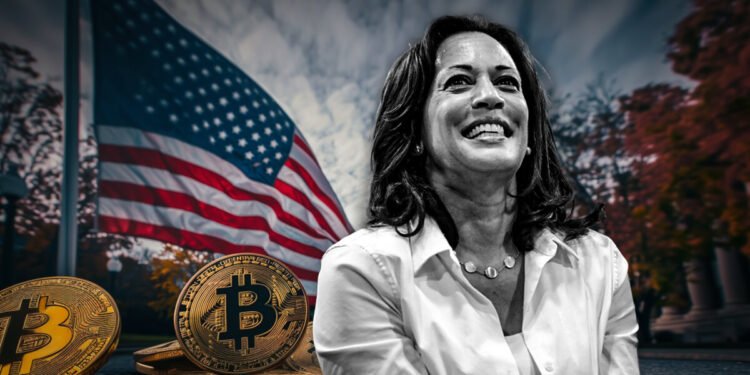Headline: Comparison of Crypto Policy Strategies: Trump vs. Harris and Their Influence on the Sector
Overview
A recent assessment examining the cryptocurrency stances of U.S. presidential candidates by Alex Thorn, Galaxy Digital’s research lead, reveals distinct differences between Vice President Kamala Harris and former President Donald Trump. Thorn suggests that while both candidates pose varying levels of opportunity and risk for the crypto industry, a Harris victory might lead to less negative implications compared to the current Biden administration’s policies.
Expert View
Thorn’s evaluation paints an encouraging picture for the crypto space under a potential Harris administration, indicating a more favorable approach in comparison to President Biden. Conversely, Trump is anticipated to support a regulatory landscape that could significantly benefit the industry.
Industry Landscape
The analysis by Galaxy Digital focuses on four main policy domains: taxation, regulations on Bitcoin mining, rights to self-custody, and banking legislation. Harris’s propositions involve a more aggressive tax stance, intending to reverse Trump’s tax adjustments for high earners. Conversely, Trump is expected to simplify digital asset tax frameworks, offering clarity for crypto market participants.
In regards to Bitcoin mining, a sharp contrast emerges. Biden’s administration hinted at a hefty 30% tax on mining, while Harris has suggested a milder stance during her campaign. On the other hand, Trump’s favorable attitude towards Bitcoin miners, viewing mining as a vital component of American industry, stands out.
Impact Assessment
The policy assessment underscores significant disparities in banking regulations. Harris could potentially relax Biden’s restrictive banking access policies for crypto firms known as “Operation Chokepoint 2.0,” while Trump vows to completely abolish it, presenting opportunities for national banks to engage with blockchain entities effectively.
Concerning self-custody rights, both candidates share a common ground, although Harris’s advisors have shown reservations in the past. In contrast, Trump has explicitly voiced his commitment to protecting self-custody rights, evident in his address at the Bitcoin Conference in Nashville.
While Bitcoin’s future seems stable, experts predict minimal impact from either candidate’s victory. Conversely, alternative cryptocurrencies face uncertainty; under Trump, they might prosper if anticipated regulatory changes materialize. An administration led by Harris may introduce risks for these assets, particularly impacting tokens like Uniswap’s UNI.
Conclusion
In conclusion, Thorn’s evaluation highlights diverse potential paths for the crypto industry contingent on the election outcome. While a Trump administration is likely to offer considerable growth prospects for alternative cryptocurrencies and regulatory clarity, a Harris win presents fewer downsides compared to the current approach under Biden. As the election draws closer, the crypto sector remains vigilant about potential policy shifts and their broader market implications.








